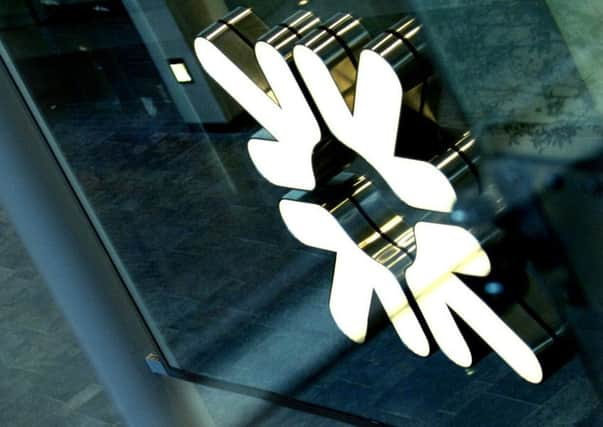RBS links up with Irish blockchain payments project
This article contains affiliate links. We may earn a small commission on items purchased through this article, but that does not affect our editorial judgement.


The state-backed lender said its Ulster Bank arm is leading the industry initiative, dubbed Project GreenPay, which will use RBS’s Emerald platform.
Advertisement
Hide AdAdvertisement
Hide AdBlockchain, a digital system for proving ownership of assets, is predicted to dramatically change industries such as the banking sector.
Technology and innovation experts from RBS, Ulster Bank, AIB, Permanent TSB and Deloitte have been testing the system at the Dogpatch Labs technology hub in Dublin by passing “dummy” payments to each other to test for performance, accuracy and scalability. Their next step is to run a pilot using live payments and explore further uses of the technology in the international payments and foreign exchange space.
Richard Crook, head of innovation engineering at RBS, said: “The Emerald platform marks a significant advancement in blockchain technology for customers. It’s blockchain in a way that can be used to benefit customers across the banking industry, not just blockchain concept or theory.
“RBS developed Emerald as a new way of clearing and settling payments and it made sense for Ulster Bank to take this forward, with industry-wide collaboration in Ireland on GreenPay.”
• READ MORE: Fintech start-up Wallet.Services heads for Abu Dhabi
Ulster Bank’s chief administrative officer, Ciarán Coyle, said that blockchain has the potential to “disrupt multiple industries for the benefit of customers”, and the lender was focusing on collaboration in areas such as this to “help the industry make banking simpler”.
Advertisement
Hide AdAdvertisement
Hide AdDavid Dalton, Deloitte’s financial services leader in Ireland, added: “We believe that blockchain adoption will happen more quickly than anticipated and without a proactive and well-adopted strategy, banks and insurers risk being locked out of potential innovations.”
Along with the financial services sector, blockchain has the potental to be rolled out to other walks of life, such as securing health records or registering property sales, according to Peter Ferry, co-founder and commercial director of Edinburgh-based fintech start-up Wallet.Services.
He said: “We believe that in the next three to five years it’s going to touch many aspects of business, government and society in ways that will make quite profound changes.”